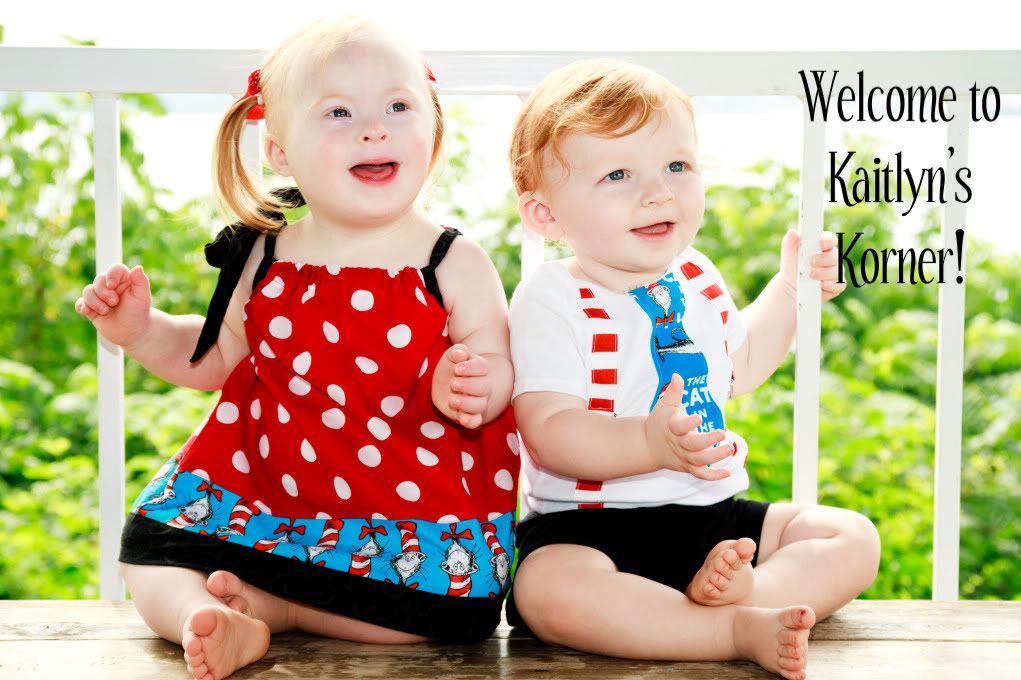My name is Kaitlyn.
I am not " a Downs."
I am cute, funny, dramatic, curious, strong willed, determined, and very loving.
In honor of Down syndrome awareness month and day 2/31
Good education regarding people first language-
Unfortunately people first language is rarely used. It really bothers me. Read on, be educated, and always put the person first. Kaitlyn isn't a Down syndome girl. She is a girl with Down syndrome. It isn't who she is, it is merely what she has, it is only one small part of her.
The correct name of this diagnosis is Down syndrome. There is no apostrophe (Down). The "s" in syndrome is not capitalized (syndrome). Do you know that all of our local hospital lab documents that are computer generated have the diagnosis as Down's Syndrome. Really.
An individual with Down syndrome is an individual first and foremost. The emphasis should be on the person, not the disability. A person with Down syndrome has many other qualities and attributes that can be used to describe them.
Encourage people to use people-first language. "The person with Down syndrome", not "the Down syndrome person." A person with Down syndrome is not "a Downs". (Biggest pet peeve)
Words can create barriers. Recognize that a child is "a child with Down syndrome," or that an adult is "an adult with Down syndrome." Children with Down syndrome grow into adults with Down syndrome; they do not remain eternal children. Adults enjoy activities and companionship with other adults.
It is important to use the correct terminology. A person "has" Down syndrome, rather than "suffers from," "is a victim of," "is diseased with" or "afflicted by."
Each person has his/her own unique strengths, capabilities and talents. Try not to use the clichés that are so common when describing an individual with Down syndrome. To assume all people have the same characteristics or abilities is demeaning. Also, it reinforces the stereotype that "all people with Down syndrome are the same."
Here are some basic guidelines for using People First Language:
1. Put people first, not their disability* A "person with a disability", not a "disabled person"* A "child with autism", not an "autistic child"
2. Use emotionally neutral expressions* A person "with" cerebral palsy, not "afflicted with" cerebral palsy* An individual who had a stroke, not a stroke "victim"* A person "has" Down syndrome, not "suffers from" Down syndrome
3. Emphasize abilities, not limitations* A person "uses a wheelchair", not "wheelchair-bound"* A child "receives special education services", not "in special ed"
4. Adopt preferred language* A "cognitive disability" or "intellectual disability" is preferred over "mentally retarded"* "Typically developing" or "typical" is preferred over "normal"* "Accessible" parking space or hotel room is preferred over "handicapped"
Guidelines from the National Down Syndrome Congress
http://www.theupsideofdowns.org/down-syndrome/proper-language-guide
Tomorrow I promise to post on a much lighter note and get off my soap box :)
















People first is definately a huge thing for us! I read a post from a woman who had a 20 year old daughter with Down syndrome and she said "DS people" and it surprised me
ReplyDeleteI just love that picture of Kaitlyn! It drives me crazy when people - especially in the medical community say Down's. Thanks for educating everyone!
ReplyDeleteFirst of all, your daughter is adorable. I'm also named Kaitlyn (spelled the same way!). I ran across your blog while doing some research for my public speaking class. After taking a course, entitled "Teaching Diverse Learners", for my Education major, I was intrigued by People First Language. So, I decided to present information about PFL to my classmates in the format of a persuasive speech. Your blog has supplied me with great information from a mother, not a doctor, which means it is very personal and uses terms I can understand! I also appreciate how you have integrated your faith into your blog, acknowledging that God alone is in control. Thanks!
ReplyDelete